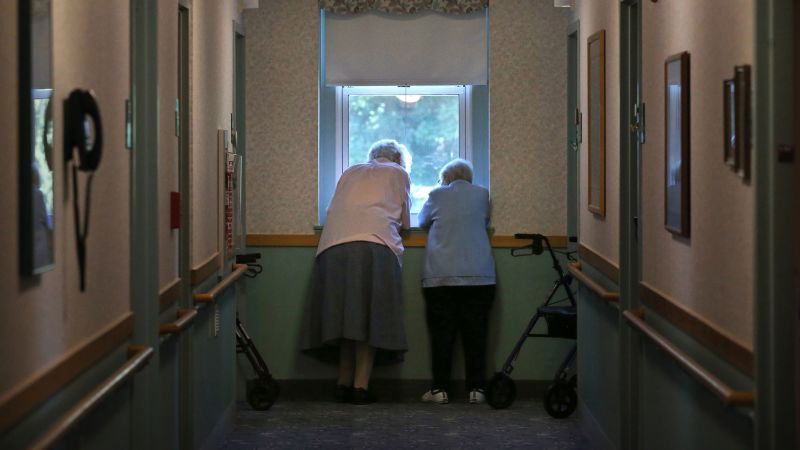A recent survey conducted by Allianz reveals that 61% of Americans are more afraid of depleting their savings during retirement than dying, highlighting the concern over outliving one's financial means in old age.
About 75% of Americans aged 50 and older worry that Social Security will run out of funding in their lifetimes, compared to 66% in 2014, according to a survey by Nationwide Retirement Institute, as concerns grow with the depletion dates of the program's funds approaching.
Only 35% of Americans know the average lifespan of retirees, and just 12% understand key aspects of longevity, highlighting the need for better retirement planning based on life expectancy.
The aging population in America, particularly the boomers, is driving up housing demand and prices, leading to an affordability crisis and locking out middle-income buyers in the market.
Retiring in your 50s can have benefits like more energy for travel and hobbies, but it also comes with challenges such as penalties for early withdrawal of savings, finding healthcare coverage, and waiting a long time to access Social Security benefits.
Some Americans who live to be 100 or older attribute their longevity to lifestyle factors such as regular exercise, eating fresh, home-cooked meals, staying adventurous, doing activities they love, staying resilient in the face of setbacks, and maintaining a positive mindset, according to interviews conducted by TODAY.com.
About 56% of American workers feel they are falling behind in saving for retirement, with older generations being the most concerned, and the average amount people believe they need to retire comfortably has increased to $1.8 million, according to a survey from YouGov for Bankrate and another survey from Charles Schwab.
Almost half of U.S. households headed by someone 55 or older have no retirement savings, but there are three key steps individuals can take to catch up, including cutting expenses, maximizing contributions to retirement accounts, and considering alternative sources of retirement income such as home equity or insurance policies.
The Social Security Administration is expected to announce a smaller cost-of-living adjustment for retired Americans in 2024, potentially at 3.2%, due to cooling inflation, which is a decline from the 8.7% increase seen in 2023 but still higher than the average increase over the past two decades.
Medicare costs for older Americans are set to rise in 2024, with increases in the monthly Part B premium, annual Part B deductible, and the cost of hospital care, making it essential for seniors to plan accordingly and consider switching to more affordable plans during the open enrollment period.
